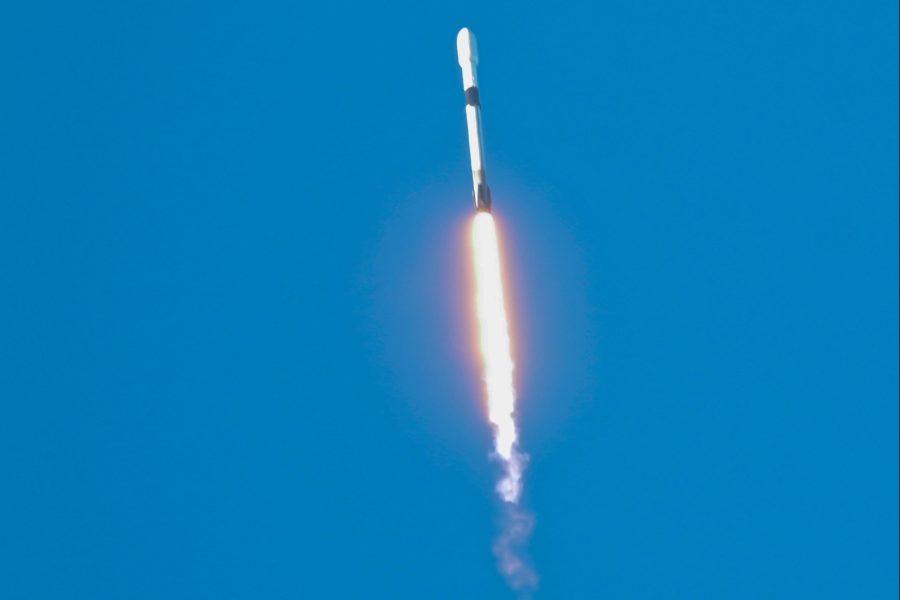Secretary of Defense Lloyd J. Austin III embarks this weekend on his ninth trip to the Indo-Pacific theater, with visits set for India, South Korea, and Indonesia. Austin’s visit follows the announcement last week that South Korea’s first-ever reconnaissance satellite will be launched into space aboard a SpaceX Falcon 9 rocket from Vandenberg Space Force Base, Calif., Nov. 30.
Austin’s trip will take him, among other meetings, to the 55th U.S.-ROK Security Consultative Meeting (SCM) and the Defense Ministers’ Meeting of the United Nations Command in South Korea, the Pentagon said in a Nov. 7 release.
Seoul’s first recon satellite is one of five planned by the Republic of Korea’s Defense Acquisition Program Administration. Known as Project 425 and begun in 2018, the $900 million program aims to include four Synthetic Aperture Radar (SAR) satellites and a fifth featuring electro-optical (EO) and infrared (IR) capabilities.
The satellites are key to Korea’s “Kill Chain” strategy, designed to counter North Korean missile attacks through early detection and preemptive strikes. Some experts worry, however, that the two Koreas are too close and that the decision window for launching such strikes is too short, inviting error and disaster.
Eric Brewer, deputy vice president for the Nuclear Materials Security Program at the Nuclear Threat Initiative, said the South’s Kill Chain strategy has already forced Pyongyang to accelerate its nuclear launch procedures, increasing risk.
“The end result is that warning times for our thinking and decision-making timelines are drastically reduced, which raises the risks of nuclear use in a conflict,” Brewer said Nov. 6 at the Center for Strategic and International Studies.
U.S. missile restriction guidelines imposed in 1979 had kept South Korea from launching its own satellites until the U.S. lifted those restrictions in 2021. Once the entire constellation is in place in the mid-2020s, South Korea’s Ministry of National Defense expects to be able to detect, identify, decide, and strike within 30 minutes of an initial indicator.
North Korea, meanwhile, is turning up the heat on its own satellite intelligence program. North Korea promised its third spy satellite launch in October, but that appears so far to not have occurred. Pyongyang previously failed in two successive launch attempts, in May and August this year.
Russia, which is buying artillery rounds from North Korea, may be helping with its space program. On Nov. 6, South Korea’s Unification Minister asserted Russia may be providing technical support, according to the Yonhap News Agency.
North Korea launched two short-range ballistic missiles in late summer, ahead of Kim Jong Un’s visit to Russia for meetings with Vladimir Putin there on Sept. 13.
Austin’s trip to South Korea, meanwhile, continues U.S. efforts to deter aggressors in the region and strengthen U.S. alliances.
